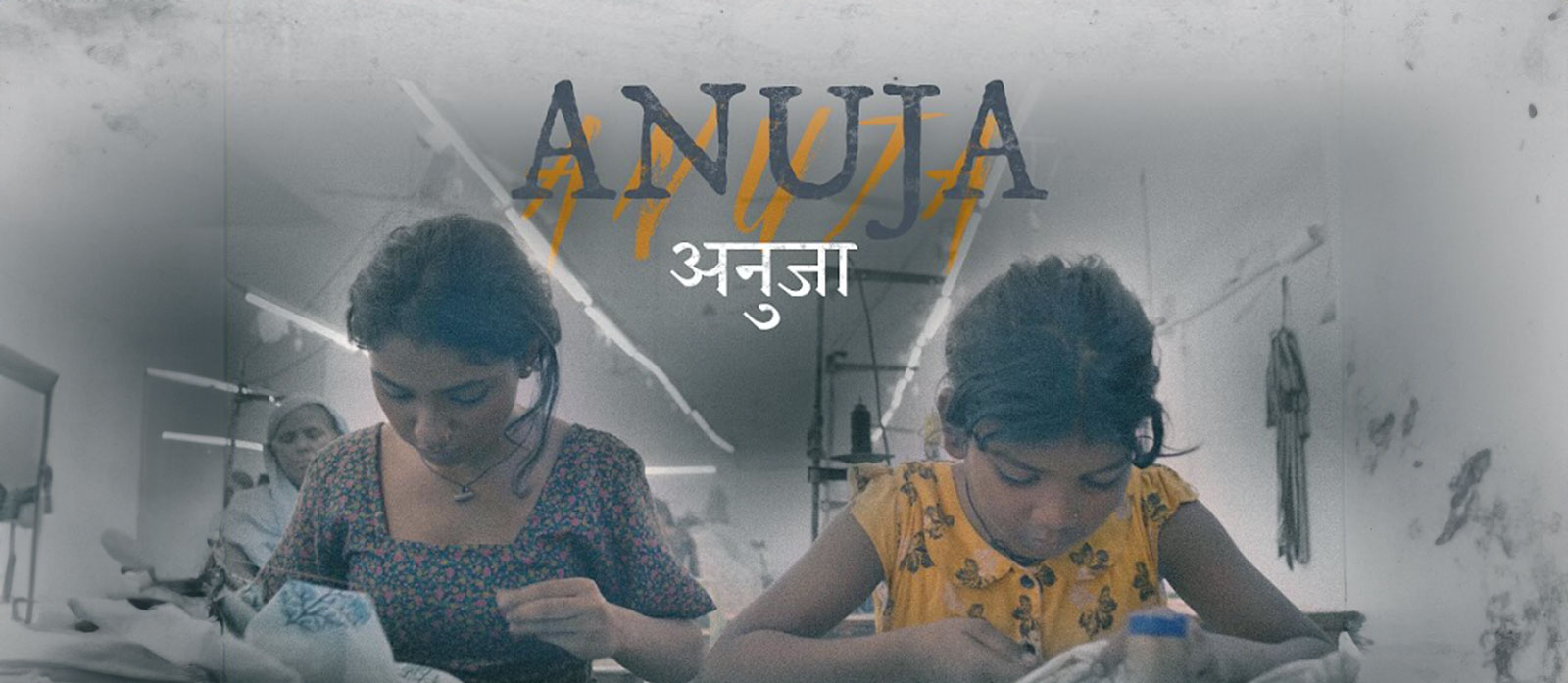Merit vs Survival: Anuja Offers a Poignant Glimpse into the Harsh Lives of Children Connected with the Streets

Categories

Disclaimer: Please note that the details shared on this website are illustrative of the activities undertaken by Railway Children India, and the change that your donation can make to the lives of children. Railway Children India, based on the needs and requirements on the ground, shall have the discretion to allocate resources to areas that needs/requires funds the most at the time. All donations made to Railway Children India are exempt from Income Tax under as per Section 80G of the Income Tax Act, 1961.
Data Security: Railway Children India takes utmost precautions with your personal data. For further details, please visit the "Privacy Policy" of Railway Children India available on this website.
Data Security: Railway Children India takes utmost precautions with your personal data. For further details, please visit the "Privacy Policy" of Railway Children India available on this website.
©️ 2024 Railway Children India. All rights reserved. | Railway Children India is a Non-Profit organisation, registered under section 8 of The Companies Act, 2013 with registration number U85100DL2013NPL260371.



